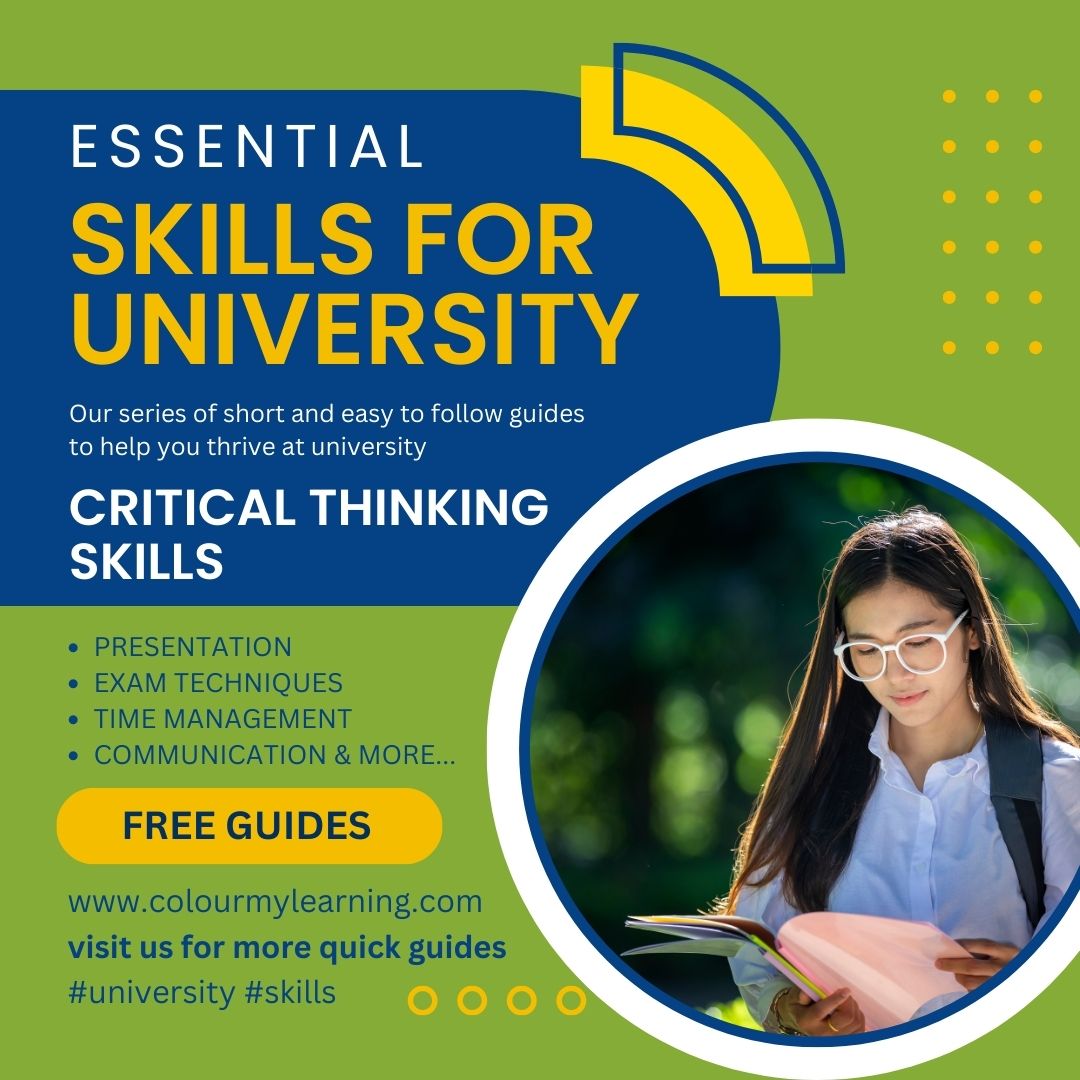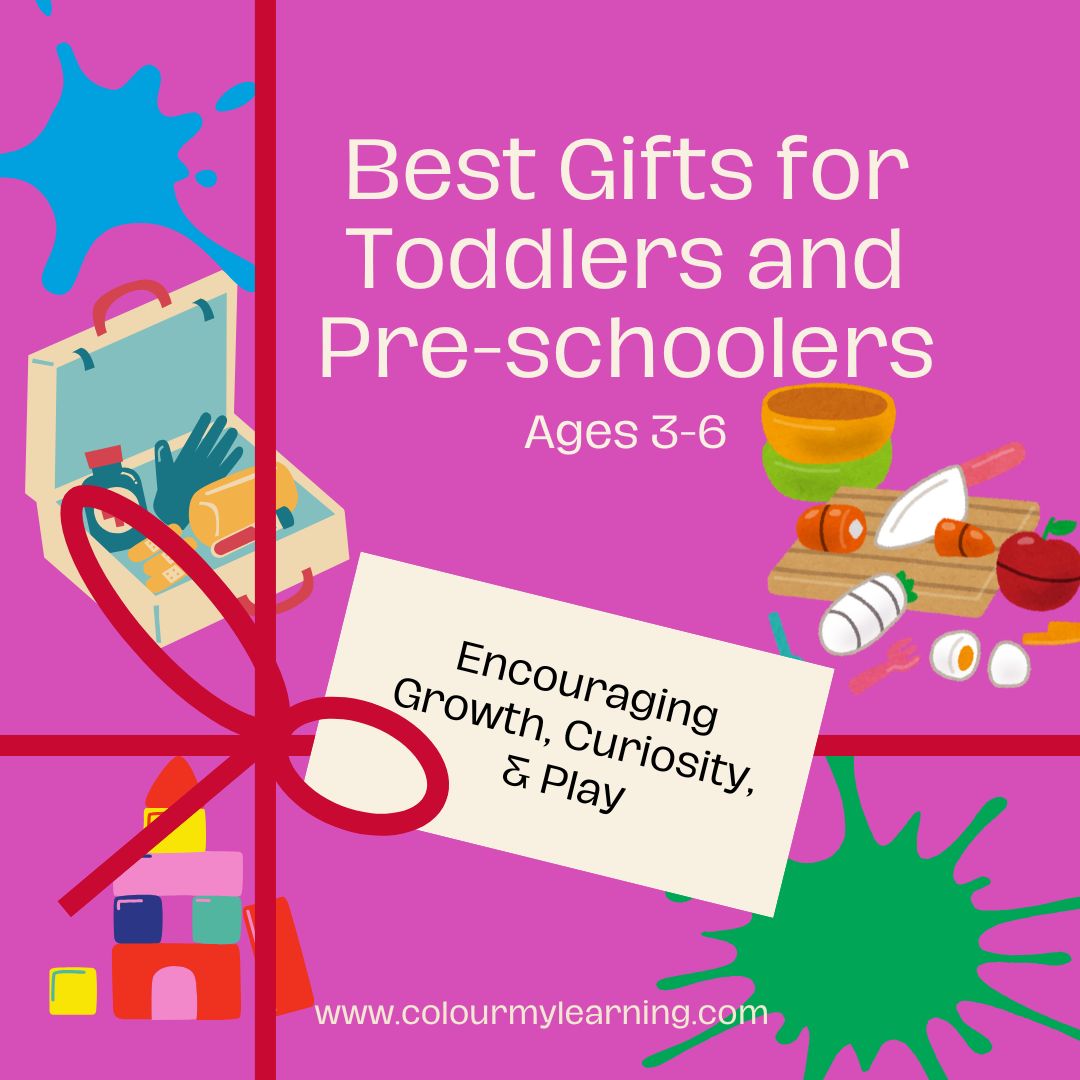Essential Skills for Uni: Quick guide to stronger communication skills
The ability to communicate, whether it is socially, academically, or professionally is a great skills to both acquire and hone. While all students would have been encouraged to practise and improve on their communication skills in school, it is truly at University when communication skills come to the fore. For example, you might have an outstanding assignment and know for a fact that you’re not going to meet the deadline. If you are able to communicate, explain and even influence and negotiate with the lecturer the chances of getting an extension are much improved.
Similarly, the ability to ask questions, present your views, discuss and share thoughts, ideas and opinions all rely on having strong communication skills. It is true that some people are naturally better at communicating with others. They might be more extrovert, they might have had a lot of exposure to talking with all different people when they were growing up. They might have a large family where speaking up was the only way they would be heard. Regardless of your background or current communication ability, know that communication skills can be developed and enhanced. You simply need to be brave and practise.

So, whether you’re a freshman finding your footing as you start Uni or a senior looking to polish your skills before graduation, this guide will provide some essential tips to boost your communication skills.
Here are some key aspects that students should know about developing strong communication skills:
1. Active Listening
Listening is a core component of effective communication. By practising active listening, you show the speaker respect and foster an environment conducive to open discussion. Active listening means that you take a close interest and pay attention to what the other person is saying. In doing so, you also respond, this can involve nodding, making eye contact, asking clarifying questions, or summarizing what the speaker said. Active listening not only makes the speaker feel valued but also ensures that you have a clear understanding of the conversation, what is being communicated and the other parties perspectives.
2. Non-Verbal Communication
Research suggests that non-verbal cues account for a significant portion of our overall communication. As you are communicating with someone or even in a group, pay attention to your own body language, facial expressions, and gestures as you are interacting with others. While your words may not say you’re bored, your demeanour certainly can. Be aware of how your body language comes across. Remember to maintain good posture, make regular eye contact, and be mindful of your facial expressions. This will go a long way to exude confidence and respect for your counterparts.
3. Clarity and Conciseness
Being clear and concise often helps to ensure that your message is understood correctly. Use simple, direct language and avoid unnecessary jargon. In academic settings, it is easy to get lost in complex sentences and specific terminologies, but it is crucial to remember that effective communication prioritises understanding. If you can say something in a simpler way, do it.
There is of course, sometimes a danger in being overly concise. If you have a tendency to be brief, it may be worth thinking about whether the other person actually has the same depth of understanding as you do. Sometimes being brief can come across as being rude. There is a fine balance between saying just enough without being overly verbose. Of course, remember even if you don’t have much to say, your body language will also help you communicate.
4. Public Speaking and Presentation Skills
Needing to give a presentation and making a speech in public is a common fear for many. It is a critical skill to master in university. Regular practice can alleviate much of this stress. Try practicing in front of a mirror, recording yourself, or presenting in front of friends. Make sure your speech has a clear structure, with an introduction, body, and conclusion.
Use visual aids if possible, as they can help make your presentation more engaging and your message clearer. They also serve to function as a distraction to your own nervousness, if you have something else to focus on within your presentation.
5. Constructive Feedback
Both giving and receiving feedback are vital parts of effective communication. When giving feedback, focus on the issue or behavior rather than the person, and always provide suggestions for improvement. On the other hand, when receiving feedback, take it constructively, and see it as an opportunity to grow. Even if you may not agree with the feedback, value the time the other person has spent reading or analysing your work.
Remember one of the best ways to give feedback is to sandwich your feedback, 1-thing you liked, 1-one thing to improve, 1-another thing you liked.
6. Practice Emotional Intelligence
Emotional intelligence involves recognizing, understanding, and managing our own emotions and how we respond to the emotions of others. This skill is especially crucial in group work and conflict resolution. Being able to empathize with others, manage your own emotions, and navigate social dynamics effectively can greatly enhance your communication skills.
Be thoughtful as you speak to someone about their work, notice their verbal and body language to gauge how open they are. Try to observe and understand social cues and body language. In doing so, you will often be able to pick up what people actually mean vs what they are saying.
7. Engage in Active Reading and Writing
Strong communication is not just about speaking; it is also about the ability to communicate well in writing. University life presents numerous opportunities to engage in active reading and writing, from course texts to research papers and emails. It is important to focus on improving your comprehension and analytical skills while reading and clarity, coherence, and conciseness while writing.
Active reading and writing calls for an interaction and analytical thinking as you read and note the things that you come across. This means that you hone the ability to read critically, examine and analyse different aspects or perspectives as you read and research. Similarly, as you write, ask yourself, who your audience is; whether the style and level of language you use is suitable; whether the information is complex or basic enough.
Learn how to write efficient and effective learning notes
Conclusion
Effective communication is a cornerstone of personal, academic, and professional success. For university students, it is a lifelong skill that opens the door to fruitful relationships, robust learning, and thriving in diverse environments. By incorporating these strategies into your daily life, you will enhance your communication abilities and become a more effective communicator.
Remember, improving communication skills is a continuous process that requires practice, patience, and perseverance. The effort you put in now will undoubtedly pay dividends in your future endeavours.
About Essential Skills for Uni Series
Essential Skills for Uni is a series of short and to-the-point blog posts providing concise, direct and easily digestible information to students at all levels, although aimed primarily at University students. In these articles, we aim to provide practical advice, tips, and resources to help you navigate the challenges and make the most of your time at university. We explore study skills that will enhance your understanding and retention of information, research techniques that will strengthen your academic work, and organisational strategies that will enable you to juggle multiple commitments.
But it isn’t just about academics. We also explore areas of personal development, offering guidance on communication skills, teamwork, and building positive relationships. And, we address topics such as stress management, self-care, and maintaining a healthy work-life balance. These skills are essential for your well-being and will contribute to your overall success and happiness during your university years.
We also cover professional skills that are crucial for your future career. We discuss resume writing, interview techniques, networking, and other valuable skills that will give you a competitive edge when you enter the job market. By honing these skills early on, you will be better prepared for internships, part-time jobs, and other professional opportunities that come your way.



















